Optimal Timing for Waterproofing Applications
Waterproofing is a crucial process to prevent water intrusion and protect structures from moisture damage. Proper timing ensures optimal adhesion and effectiveness, extending the lifespan of the waterproofing system.
Spring offers moderate temperatures and lower humidity, ideal for waterproofing projects. It allows sufficient curing time before the onset of summer heat or winter cold.
Summer provides longer daylight hours and consistent warm weather, which can accelerate drying and curing processes. However, high temperatures and humidity must be monitored.
Fall can be suitable due to cooler temperatures and lower humidity. It allows waterproofing to settle before winter, reducing the risk of water penetration during cold months.
Winter is generally not recommended for waterproofing due to freezing temperatures and moisture exposure, which can hinder adhesion and curing.
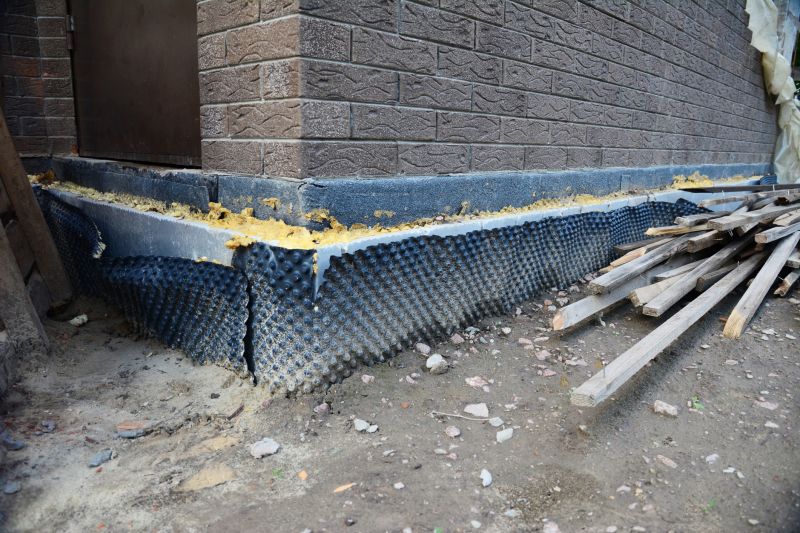
Ways to make Waterproofings work in tight or awkward layouts.
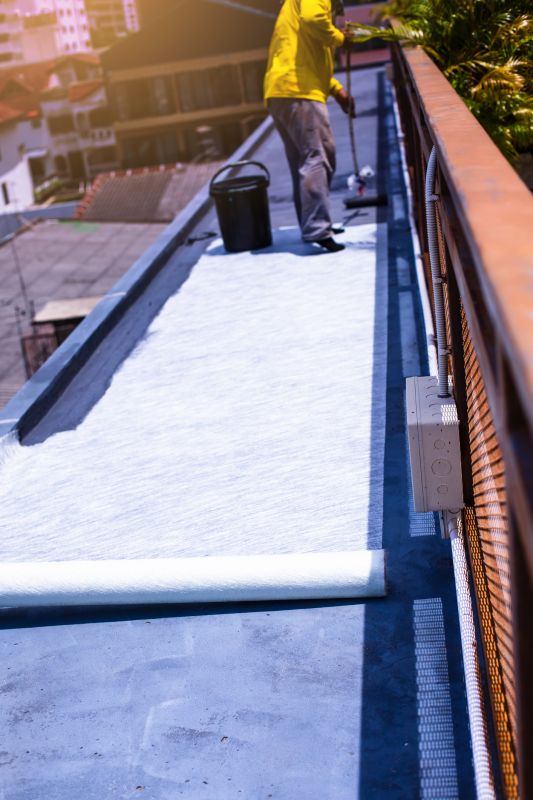
Popular materials for Waterproofings and why they hold up over time.
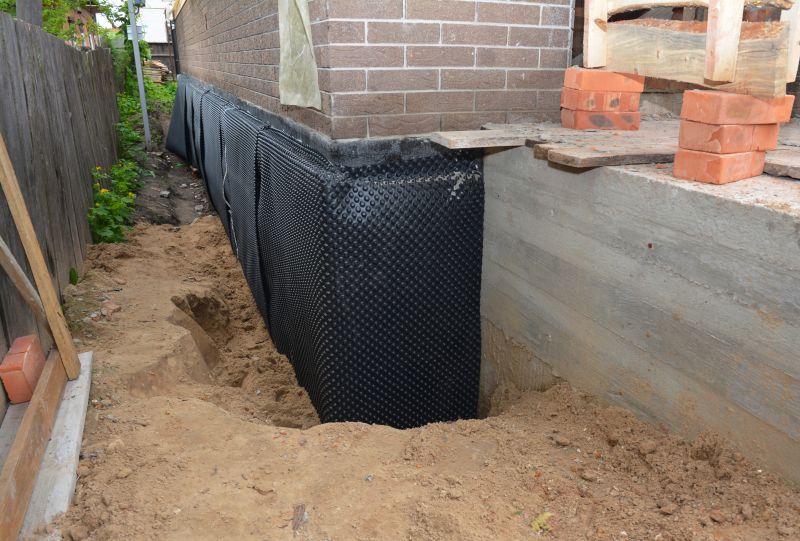
Simple add-ons that improve Waterproofings without blowing the budget.
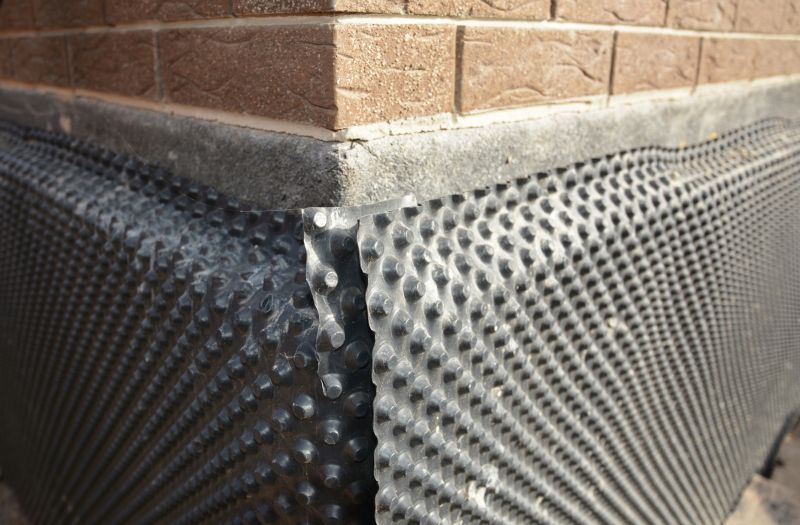
High-end options that actually feel worth it for Waterproofings.
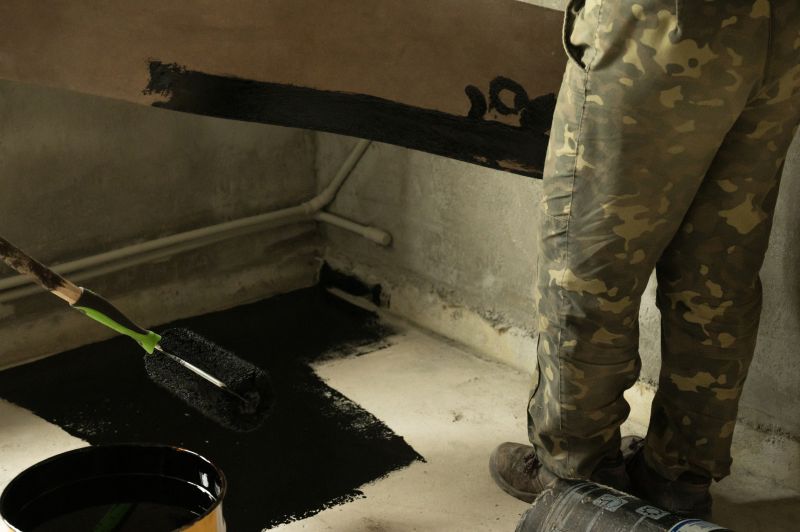
Finishes and colors that play nicely with Waterproofings.
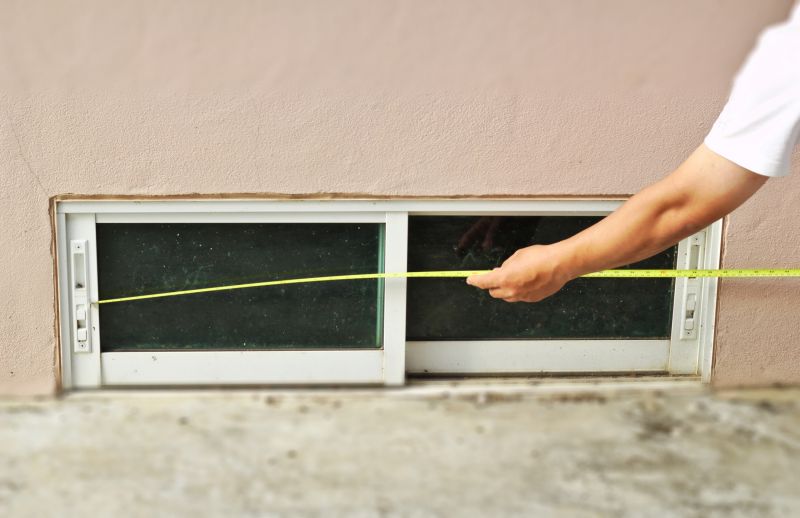
Little measurements that prevent headaches on Waterproofings day.
Waterproofings involve applying specialized membranes, coatings, or sealants to protect surfaces from water infiltration. The choice of waterproofing method depends on the structure, climate, and specific exposure risks. Proper application during optimal weather conditions ensures maximum durability and performance.
Statistics indicate that waterproofing can significantly extend the lifespan of foundations, roofs, and decks by preventing water-related damages. Regular maintenance and timely application are essential to maintain structural integrity and avoid costly repairs.
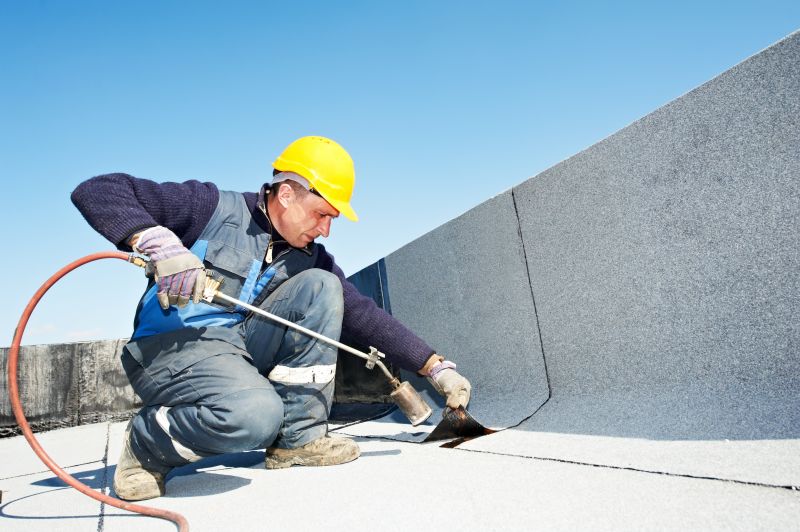
A 60-second routine that keeps Waterproofings looking new.
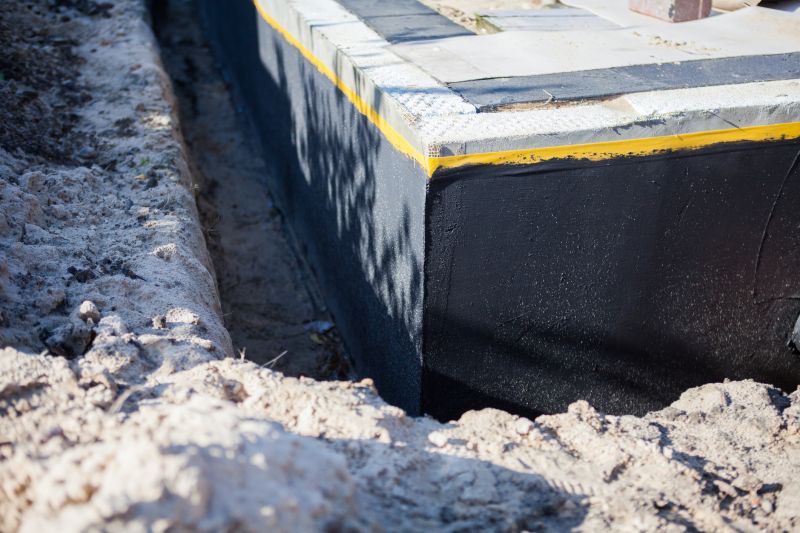
A frequent mistake in Waterproofings and how to dodge it.
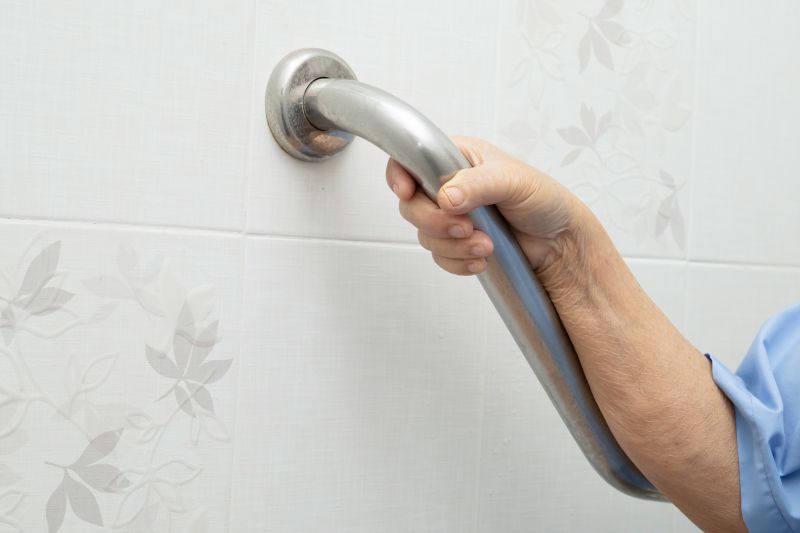
Small tweaks to make Waterproofings safer and easier to use.
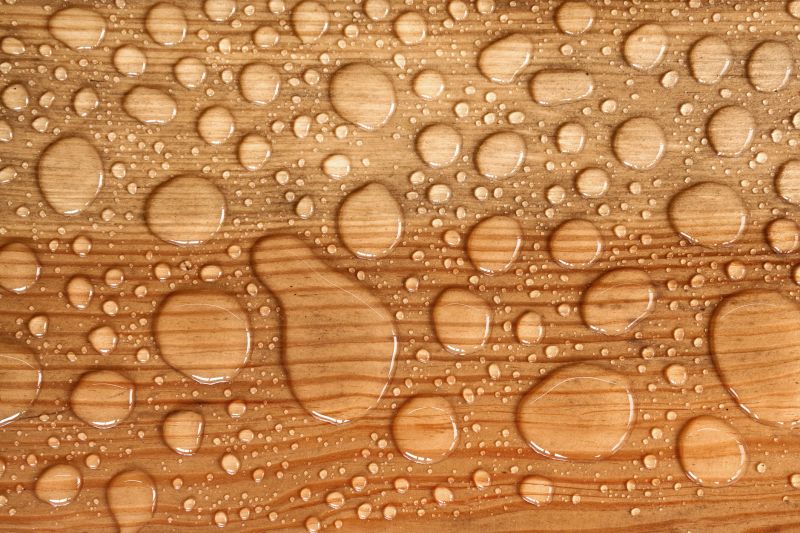
Lower-waste or water-saving choices for Waterproofings.
| Season | Ideal Conditions |
|---|---|
| Spring | Moderate temperatures, low humidity |
| Summer | Warm weather, longer daylight hours |
| Fall | Cooler temperatures, low humidity |
| Winter | Freezing temperatures, high moisture |
Choosing the right time for waterproofing can influence the effectiveness and longevity of the application. It is recommended to avoid extreme weather conditions such as freezing temperatures or excessive heat, which can compromise the waterproofing materials and adhesion.

The short, realistic tool list for quality Waterproofings.
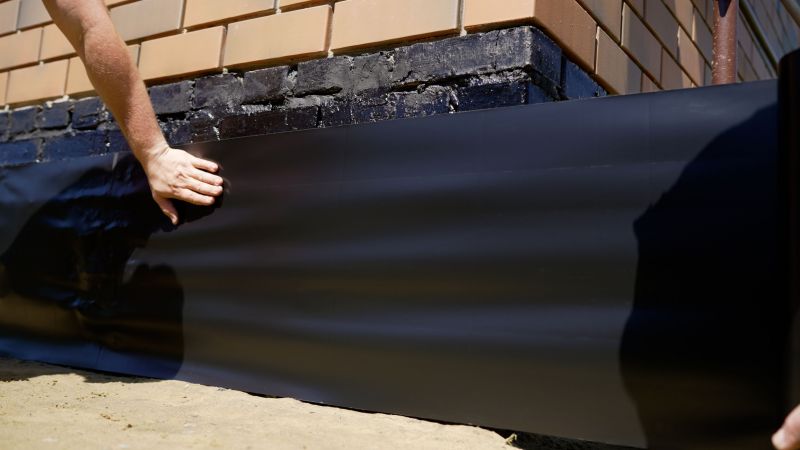
Rough timing from prep to clean-up for Waterproofings.

Quick checks and paperwork to keep after Waterproofings.

Examples that show the impact a good Waterproofings can make.
Interested in waterproofing services? Filling out the contact form can provide more information and help determine the best timing for specific projects. Proper scheduling ensures optimal results and long-lasting protection.

